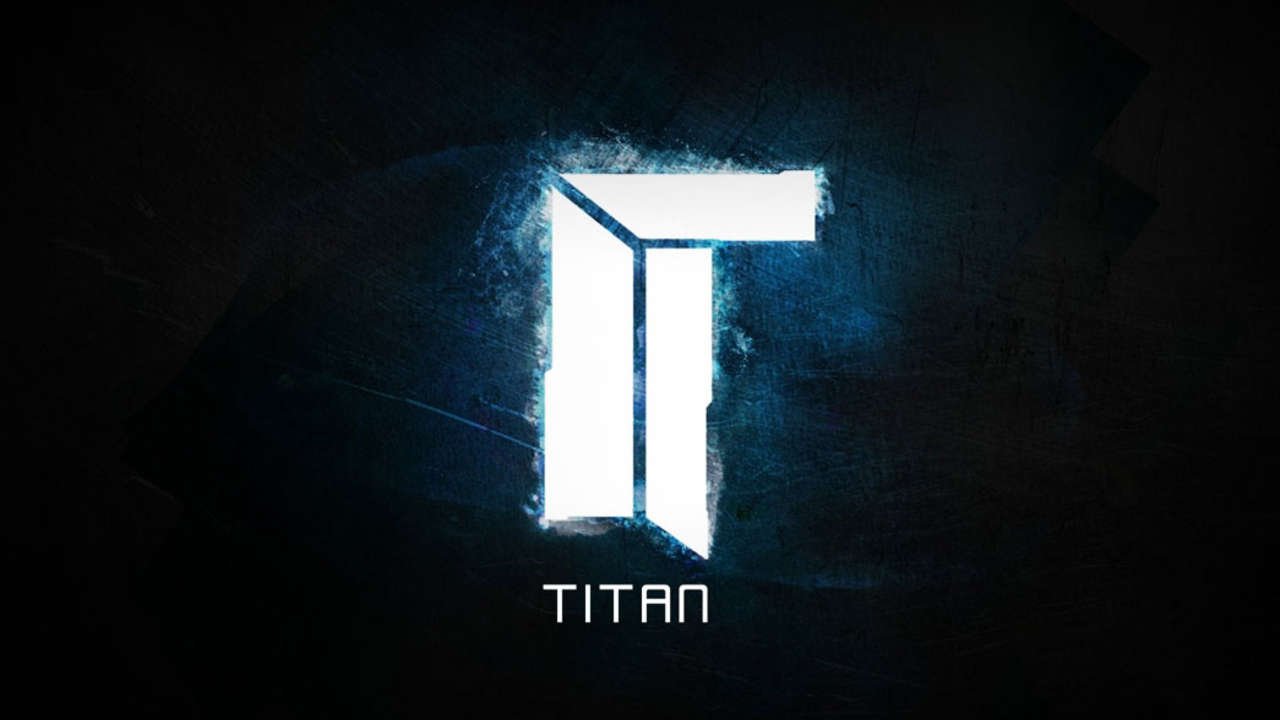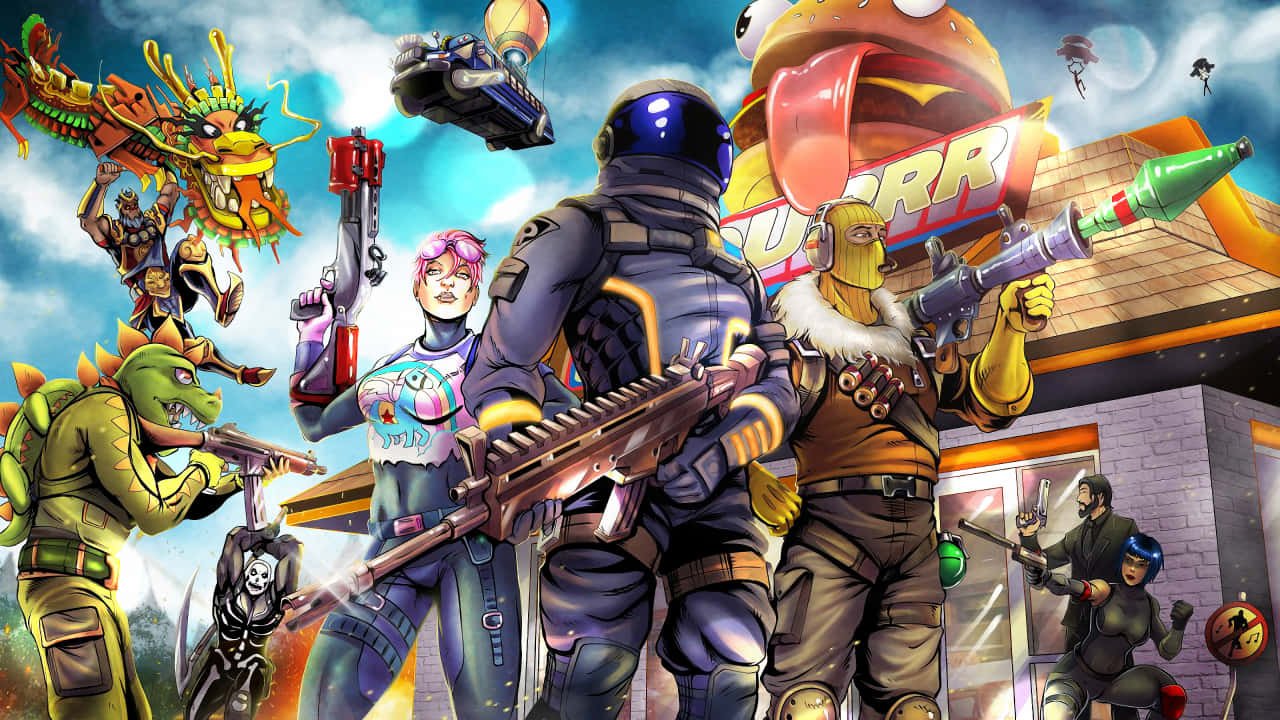How to start your career in Esports
career in Esports Career in Esports is a world that has captured millions of people’s imagination. The crowds, the prize pools of million dollars, and the excitement of competing in a world-class environment have all contributed to its success. What begins as a love of gaming can turn into a desire to become a professional. The path from casual player to professional career in Esports is not an easy one. This journey requires a lot of dedication, strategic planning and resilience. This is less about playing games, and more about building your career brick by brick. This article is covered by zainblogs.com. Step 1: Select Your Game and Master your Craft First and foremost, you must decide which game you will play professionally. The choice you make should be a mix of passion and practicality. Finding Your Niche You may be tempted to play the game that offers the largest prize pool. However, your success ultimately depends on your natural ability and enjoyment. You should ask yourself the following questions: The real work begins once you have chosen your game. It’s not enough to just play; you also need to practice. The “grind” is what separates amateurs from professionals. This phase is all about developing a deep understanding, almost academically, of the game you have chosen. Step 2: Prove your Skill and Climb the ranks After you have built a solid foundation, it is time to put your skills to the test in a competitive setting. Here you can prove that you are capable of competing at a high level. Each competitive game uses a matchmaking or ranked ladder system. You want to reach the highest possible level. It is a must to reach the highest tier of your game’s ranking system. This serves as a public resume that shows potential teammates and employers you have the mechanical skills and game knowledge required to play professionally. It’s more than a game; this is an opportunity to improve your performance under pressure and learn to play consistently. Top players include aspiring professionals, professional players, and high-level players. You will improve your skills by competing against them every day. This will prepare you for team play and the structured environment. Step 3: Get involved in the amateur scene and gain experience It’s a big achievement to reach the top of a ranked ladder, but (for the majority of titles) career in Esports are fundamentally team-based. The next step would be to make the transition from being a solo gamer to becoming a team-player by entering amateur tournaments. Many professional players started out in the amateur world. Jake “Stewie2K”, Counter Strike star, was an online pug-star who earned his name in the pick-up games before he got the chance to play at the professional level. This story shows how consistent performance on the amateur circuit can get you noticed. Step 4: Build your personal brand and network You need to be visible as you compete and improve. Your reputation and brand are important assets in esports. Unknown players will have difficulty finding opportunities. Consider your brand your professional identity. You will be more appealing to sponsors and teams if you have a strong brand. Step 5: Develop a professional mindset Talent is important, but professionalism and mental toughness will help you to maintain your career. You need to be ready for the pressure that comes with being at the top. Dedication and discipline It’s not just a job. It’s a way of life. It takes a similar level of discipline as a traditional sportsperson. It means you must stick to a schedule of practice, prioritize VOD review and sacrifices your personal life in order to achieve your goal. Mental and physical Resilience career in Esports can be a dangerous environment. Long hours and high stakes can be mentally draining. Healthy habits are essential. FAQs 1. Do I have to be a part of a team in order to become a professional?Yes, for most of the major career in Esports games (like League of Legends and VALORANT). ), yes. Professional play is based on teamwork and strategy. Although individual talent is important to be noticed, the ultimate goal is to join a competitive team. You can play 1v1 games such as StarCraft II and compete individually, but still be part of an organization to receive sponsorship. 2. How much money can I make in esports?The earnings of athletes can vary dramatically. Players on elite teams are able to earn salaries in the six- or seven-figure range, with additional income from prize money, sponsorships and streaming revenue. For players on tier-2 and tier-3 scenes salaries can be modest, ranging from a few hundred dollars to a couple thousand dollars per month. Many aspiring semi-pros and pros earn little money and depend on the prize money of tournaments. 3. Is it too late to begin a career in Esports?Age is no longer a barrier for many professionals. While they start out young, to take advantage of their peak reaction times. In games that require a high level of strategic thinking, game sense and experience can often be more important than youthful reflexes. Even players in their early 30s can find success in strategy and tactical shooters. It’s important to be able to perform at your best, no matter how old you are. 4. Do I have to move into a gaming establishment?The gaming house model, in which a team lives together and practices as a unit, is still popular, but it’s evolving. Top organizations operate out of dedicated offices and training facilities, which allows players to live apart. Most initial team practices will be conducted online for aspiring professionals. Once you’ve signed with a major professional association, relocation is usually a consideration. 5. What other career options are there in esports?There are many other career options in thecareer in Esports sector besides playing. The career in Esports is vast and growing, with many career paths beyond playing. Former professional players often transition into these roles following their playing career. Conclusion A career in esports requires a long-term commitment. It is not a sprint. This is a challenging path that requires a rare mix of raw talent, unwavering hard work, strategic network building, and an unbreakable desire to win. It all starts with mastering the game you … Read more









